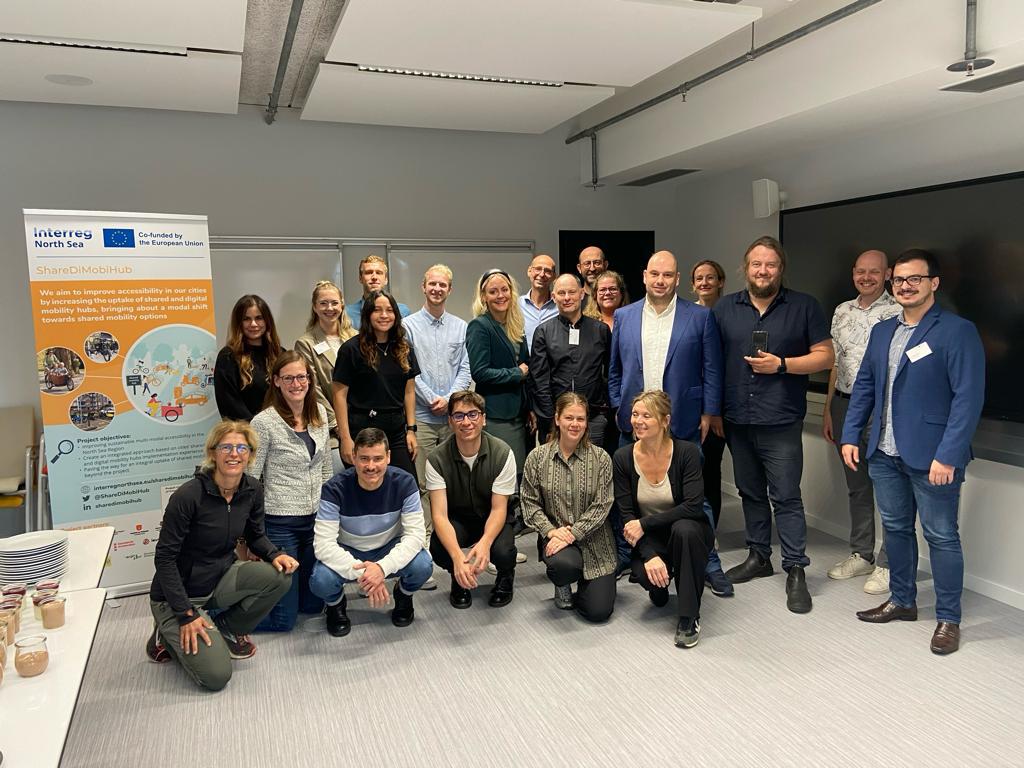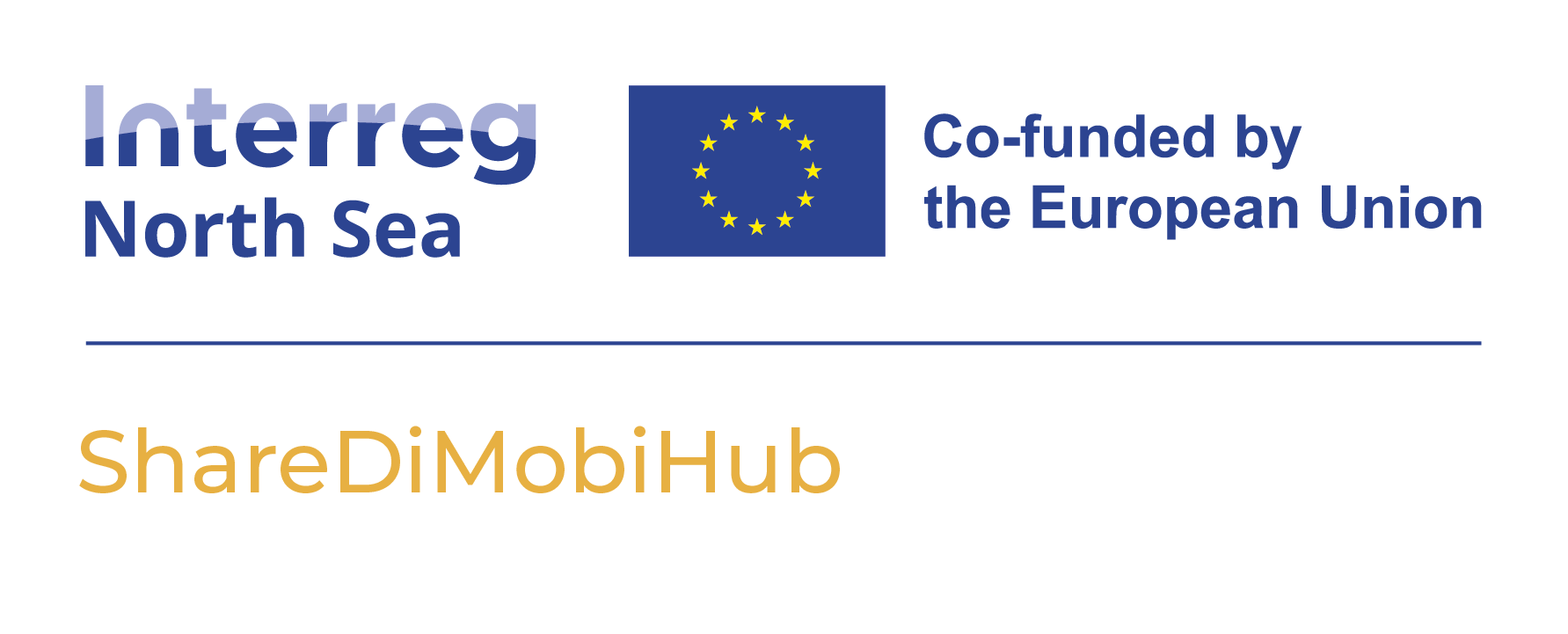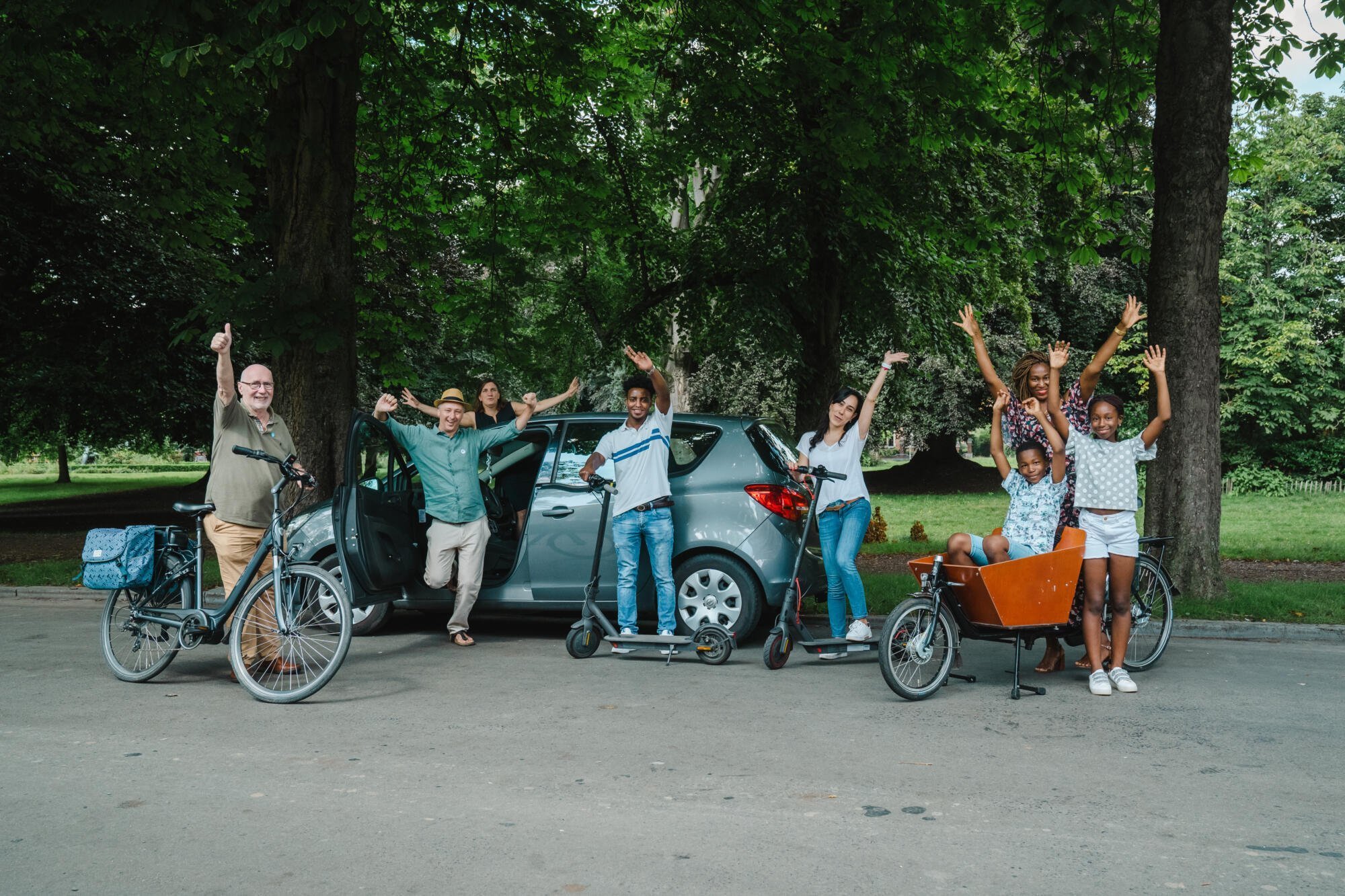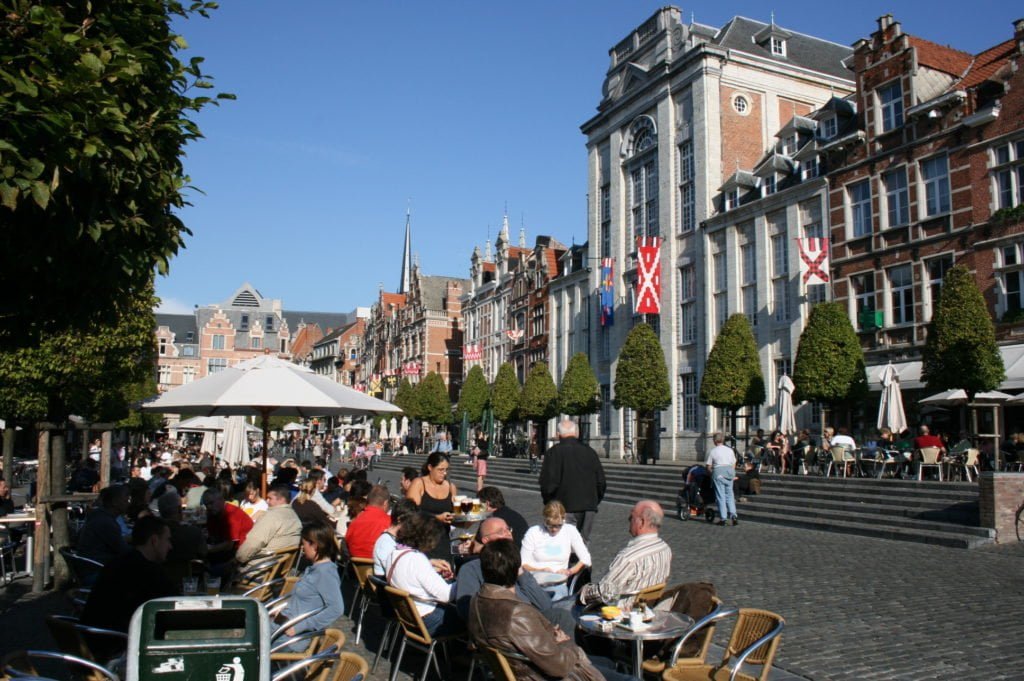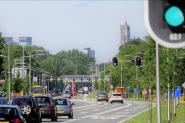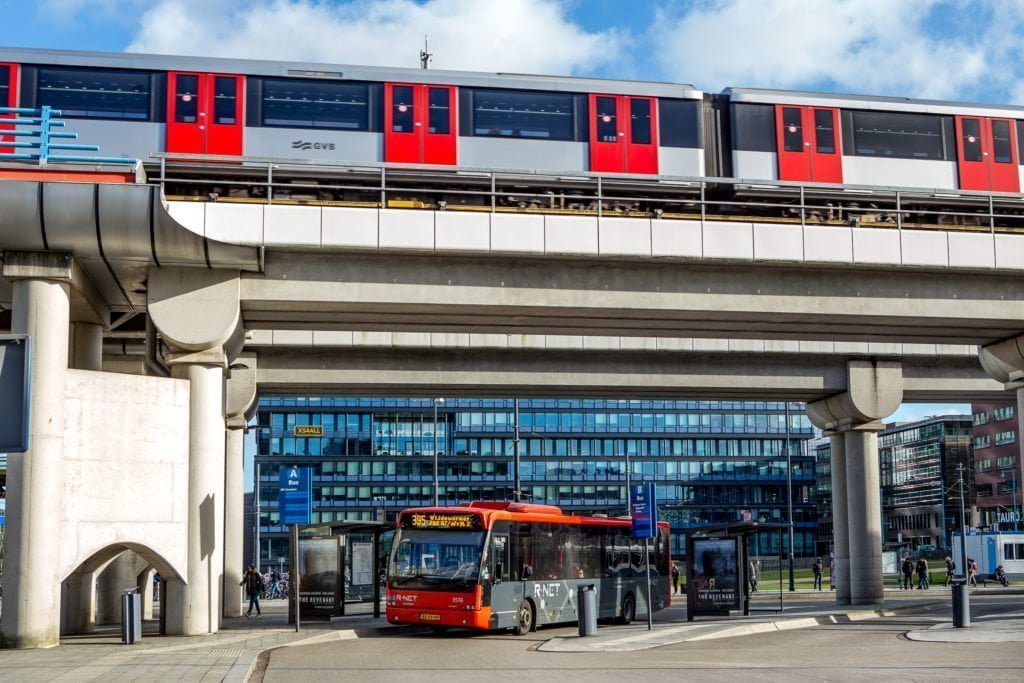ShareDiMobiHub partner meeting in Hamburg, Germany
Hamburg recently took the centre of ShareDiMobiHub activities as the Hamburg University of Applied Sciences (HAW Hamburg) welcomed the project partners for their project meeting.
Professor Walter Leal from the University set the stage for these two days full of updates and discussions on the project's progress. This gathering was a great chance for everyone involved to see where the project stands and plan for what is next. The meeting began with the project coordinator Arjen Rodenburg taking the lead. He provided a clear picture of the project's current state, highlighting key points from the latest report to Interreg North-Sea Region.
Advancing common products
Jeffrey Matthijs from Autodelen.net stressed how Shared Mobility Providers can work better with Public Authorities through framework agreements. This sparked lots of interesting questions and discussions about how policy design can influence shared mobility plans and benefit as many citizens as possible.
Daniel Herrera from POLIS led a session on how to capitalise on the project's impact. This session served the purpose of analysing the impact and capitalisation of the project and how partners can work together to identify the relevant project outputs to exploit and the necessary steps to make those outputs permanently adopted. Through an impact assessment exercise, partners discussed the expected achievements wanted from ShareDiMobiHub.
As a big part of the project, Data was a big topic during the meeting too. Gido Stoop showed how the University of Applied Sciences Utrecht (HU) uses data to make better decisions about mobility hubs in the case of Utrecht. Likewise, Laura Pájaro from the University of Antwerp introduced the impact assessment for the different pilots to examine the behaviours of the users and non-users.
Updates from pilots
The delegation from Rotterdam presented their findings from their shared mobility solutions within the cityscape. Concurrently, Leuven showcased its dual-focused pilots. The initial pilot centres on addressing transport challenges faced by economically disadvantaged segments. The second pilot delves into understanding the incentives driving corporate entities to transition towards shared mobility, potentially avoiding the need for company-owned vehicles. Finally, Vestfold and Telemark County introduced their adaptation of mobility hubs connecting them to public transport stations.
VTFK’s Strategy and MOVE21’s Proposition
The EU-funded project MOVE21 also took the stage to create some synergies. Julian Sahr, manager from Hamburg, delineated the utility of transport hubs, with Hamburg serving as a pertinent case study through its Quartiers-Hub. These hubs, multifaceted in nature, aspire to offer a gamut of services, ranging from transport facilitation to localised logistics and community engagement. Emphasis is notably placed on leveraging bicycles for proximate deliveries and collections.
Technological Advancements and Forthcoming Engagements
The next day witnessed Tina Marie Lesch introducing the 'hvv switch' system, complemented by its digital counterpart, the 'hvv Any' MaaS application. This dual offering seeks to amplify and digitalise the travel experience. Complementing it, Mpact underscored the imperative of ensuring that emerging mobility solutions are accessible and efficient.
In the meeting’s conclusion, participants were apprised of forthcoming meetings. The ShareDiMobihub Academy will take place in February 2024, with an assembly earmarked for Norway in Spring 2024.
